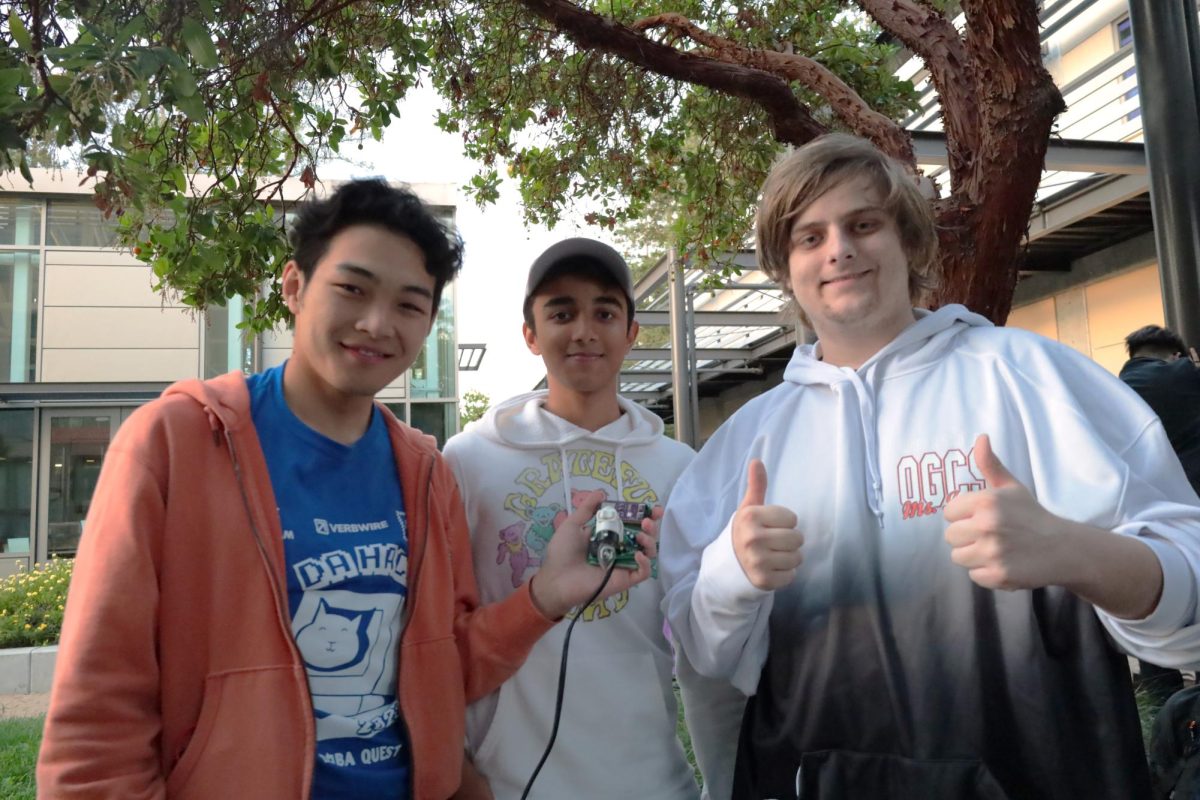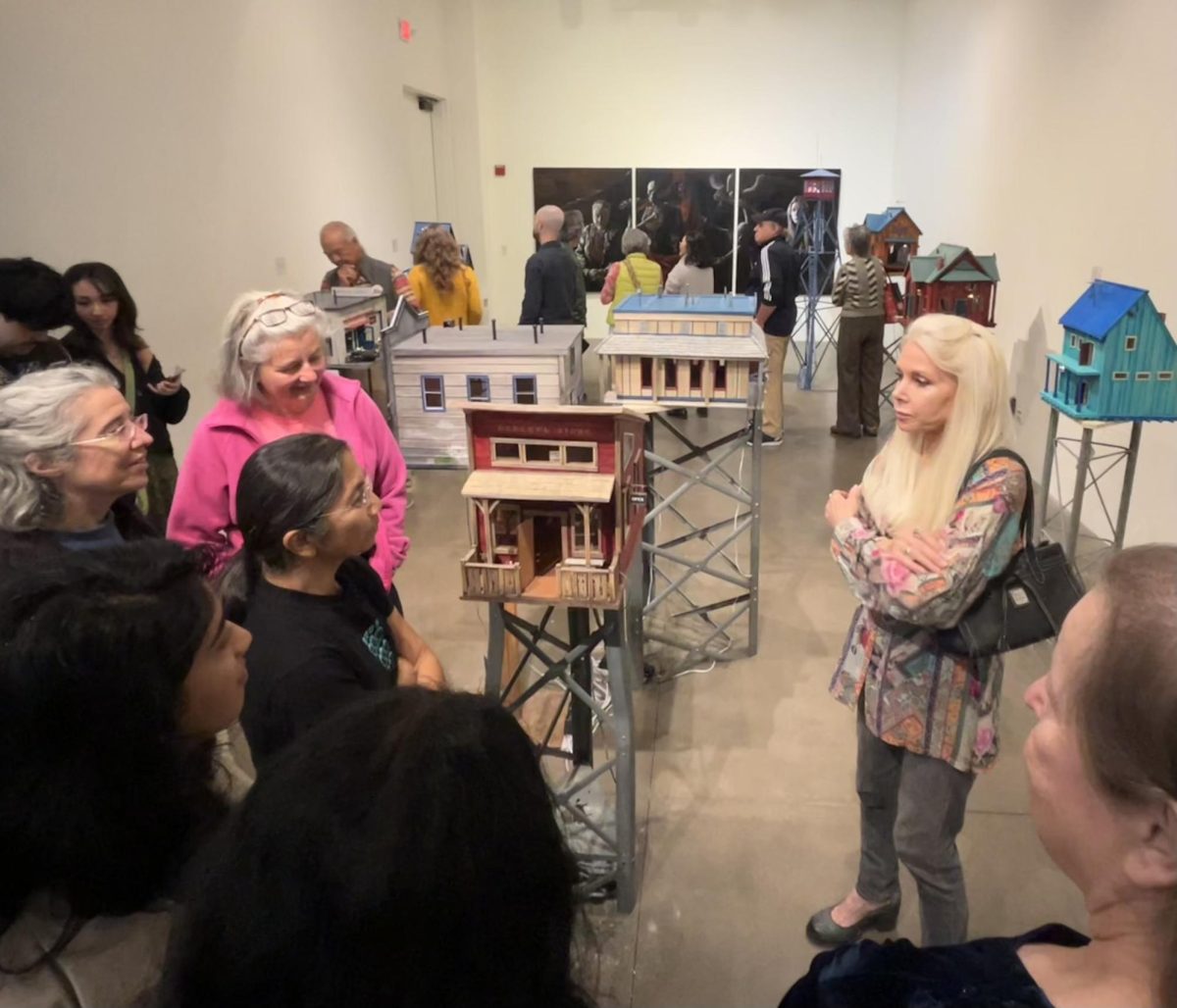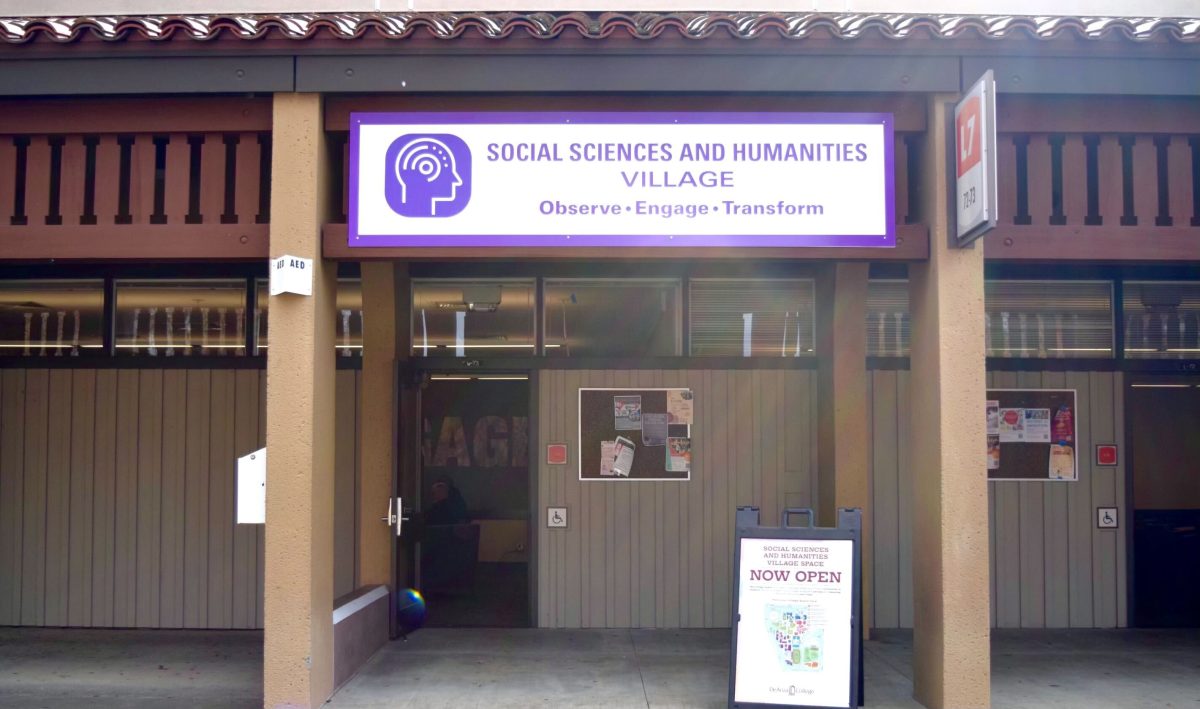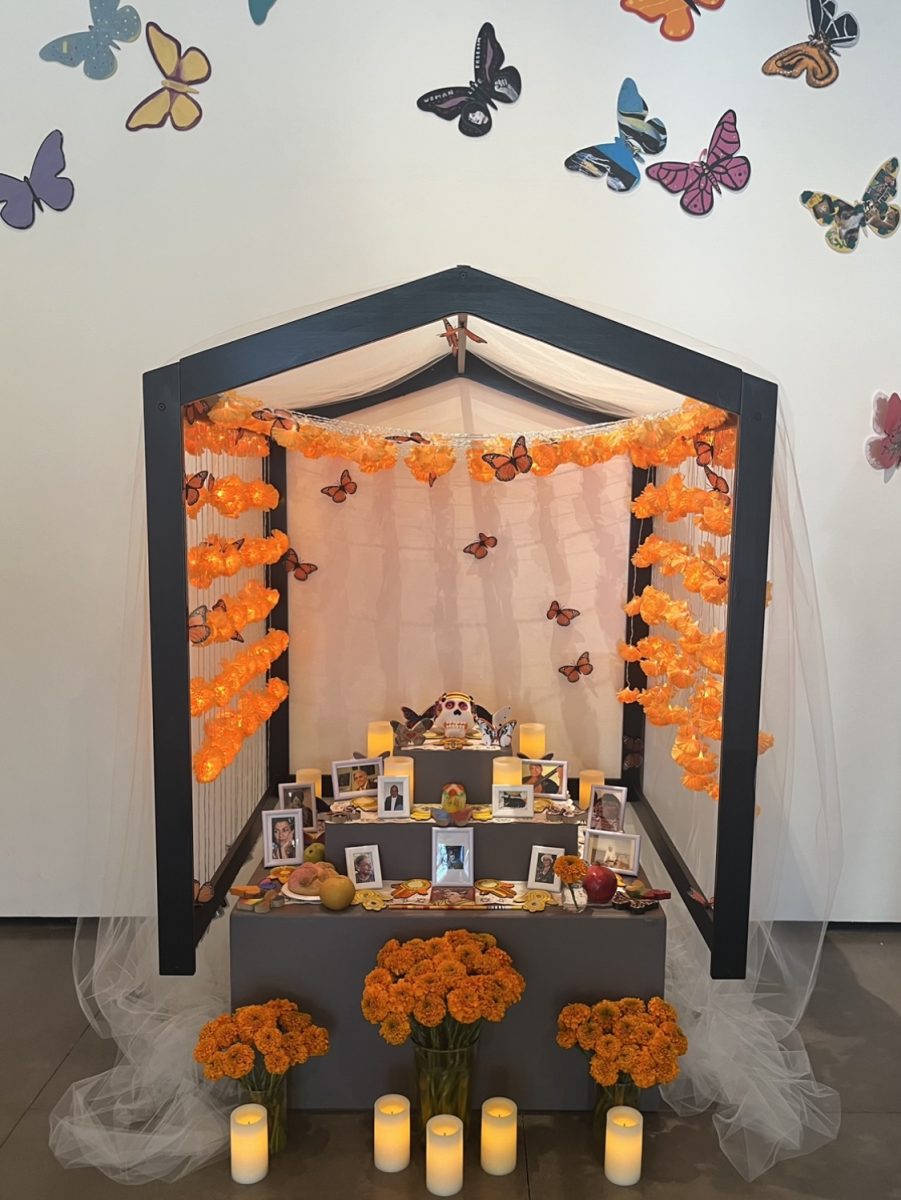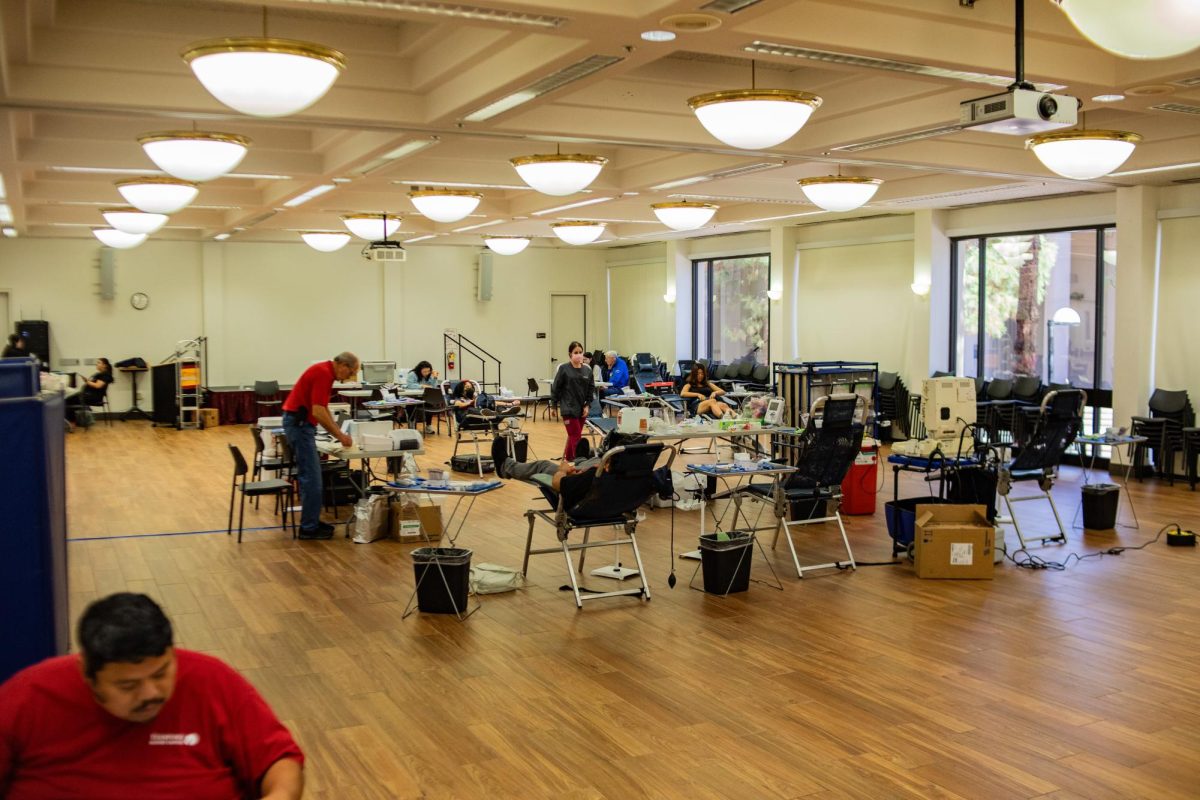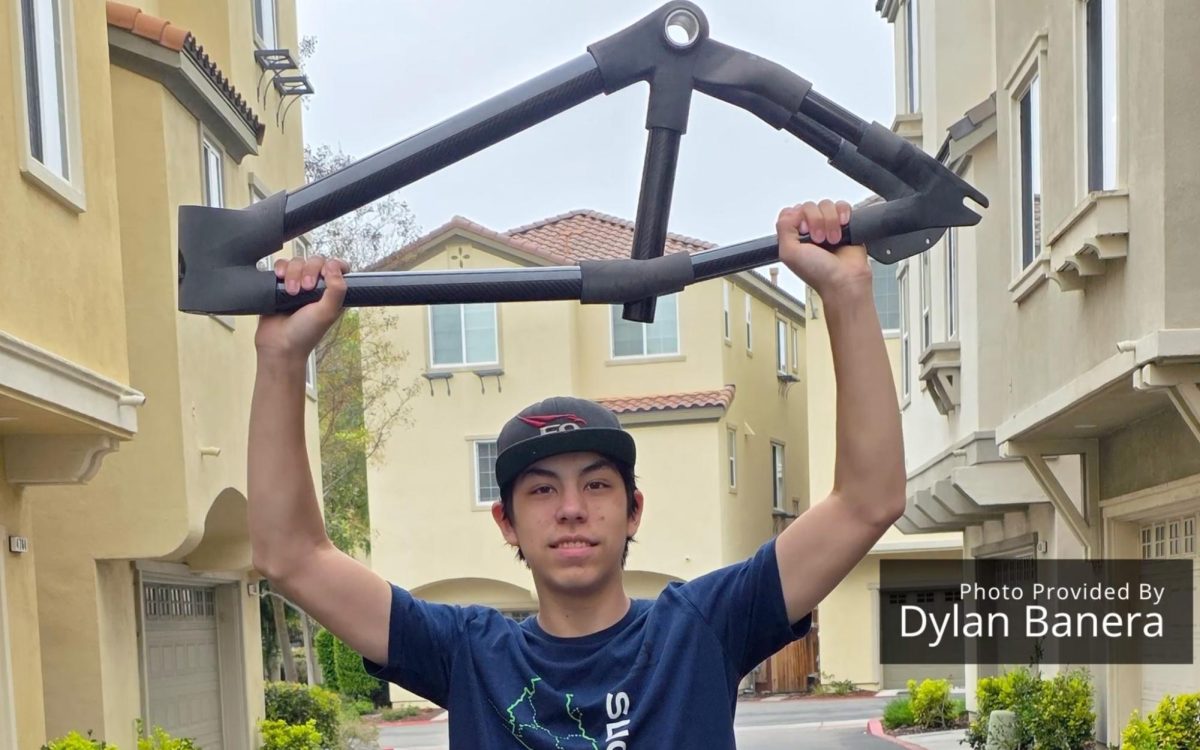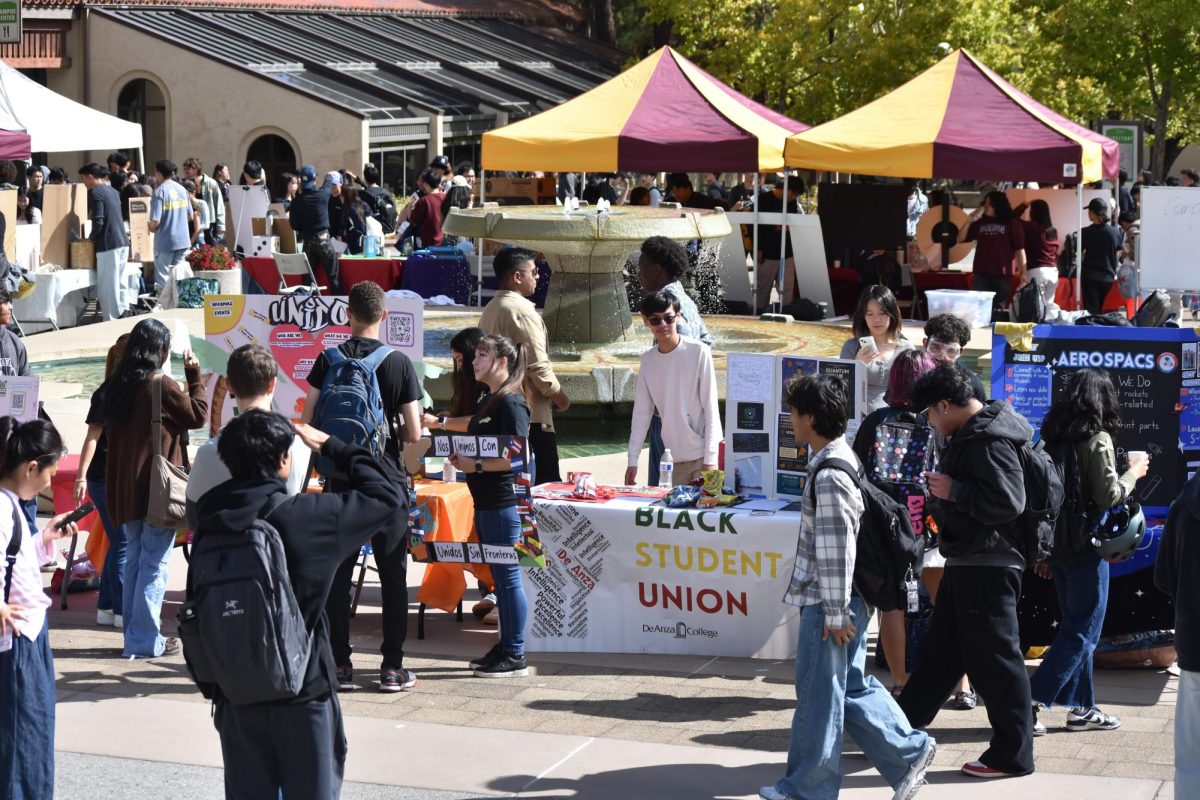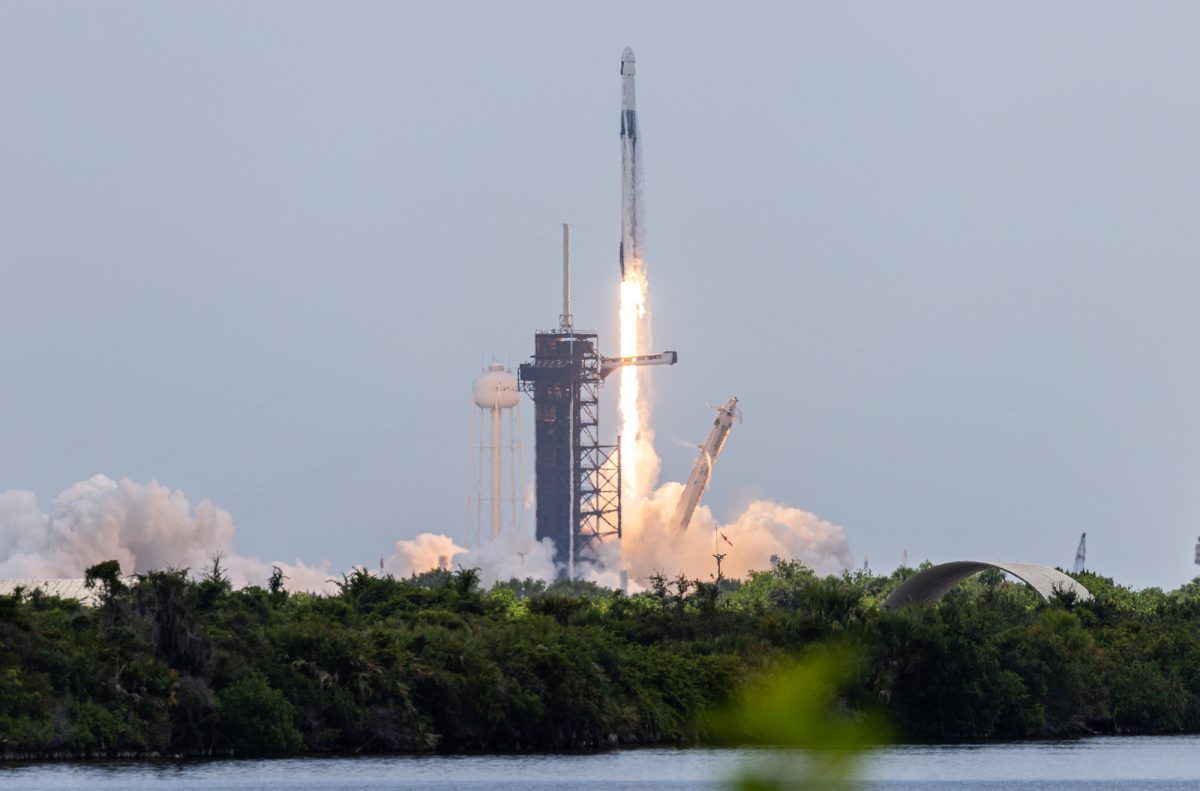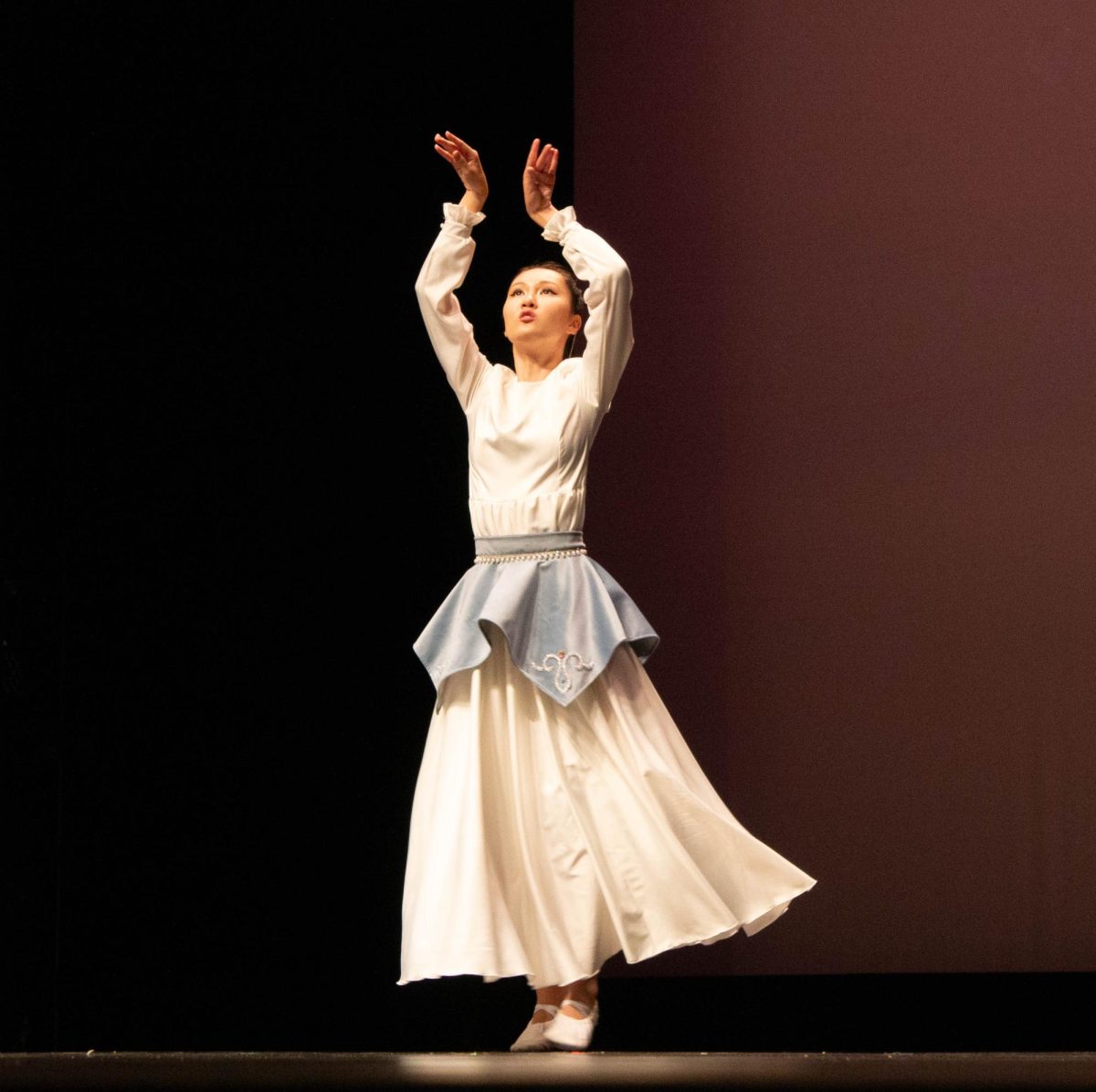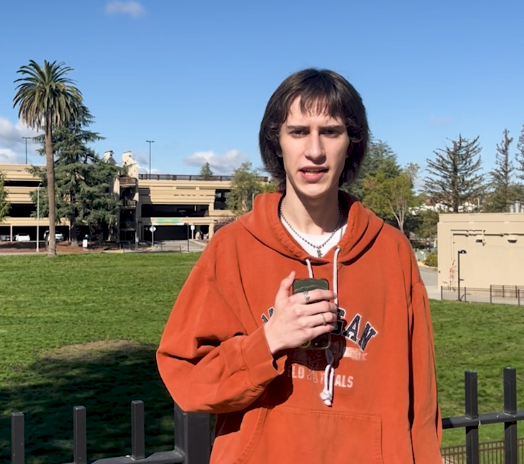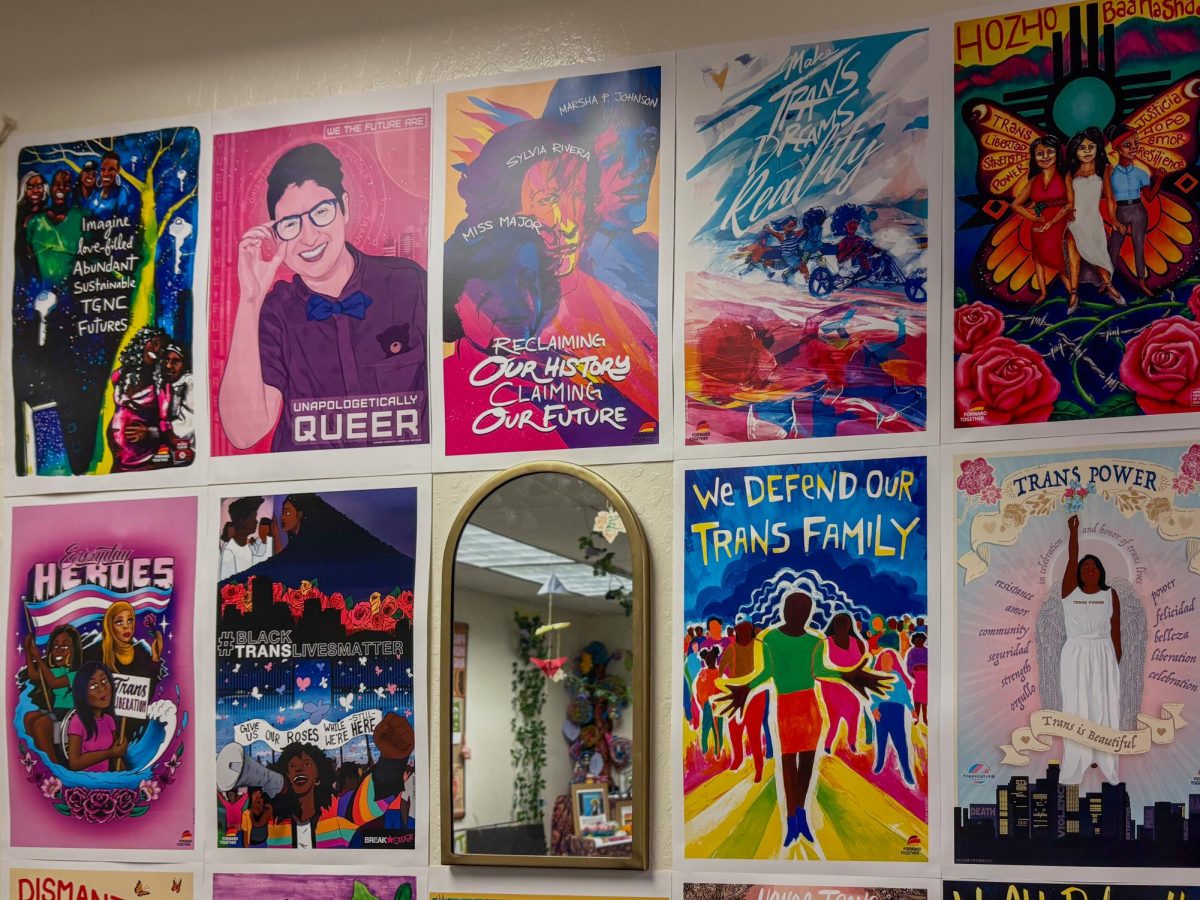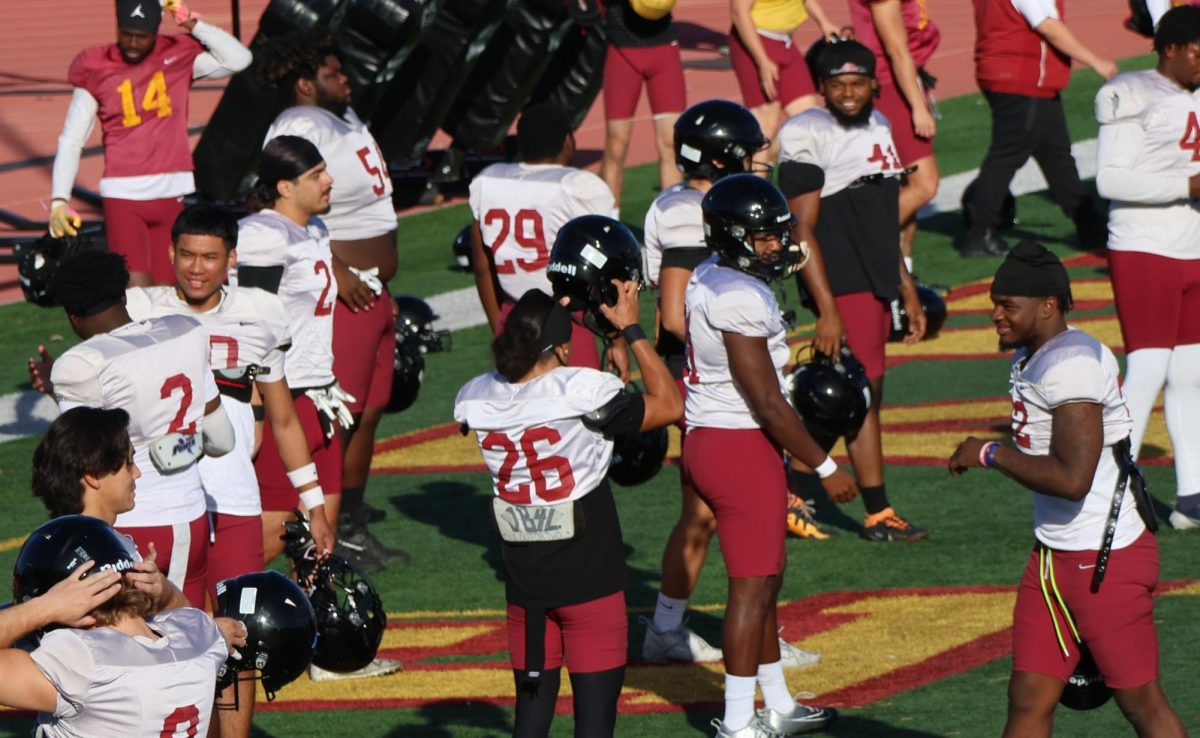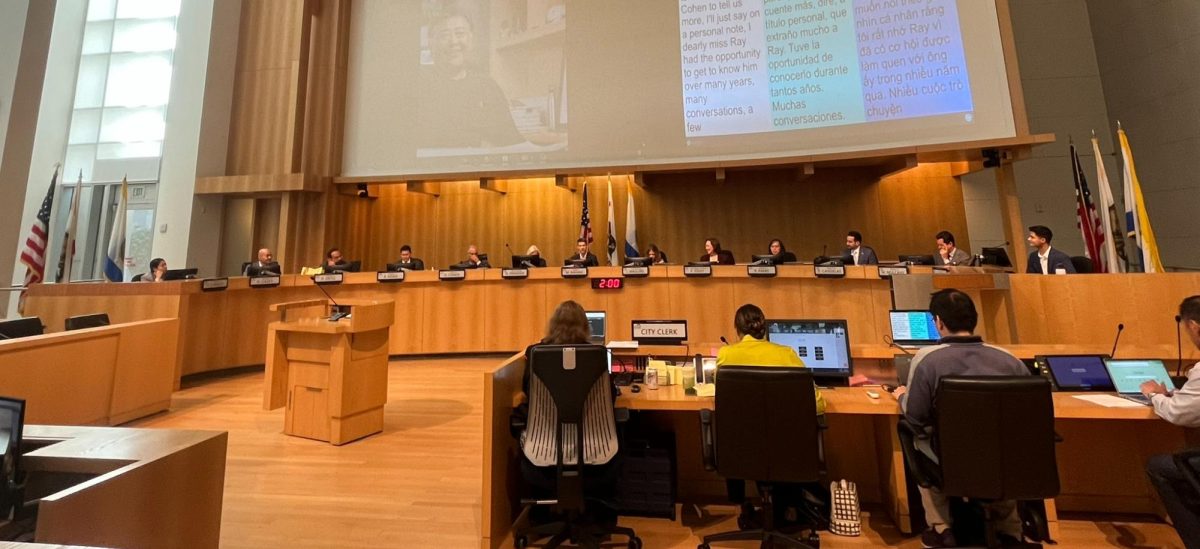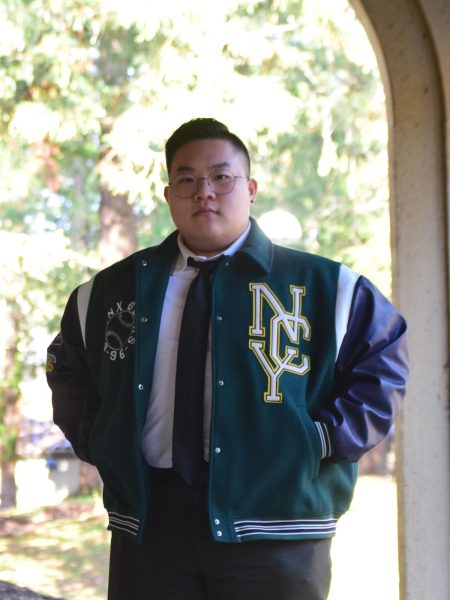De Anza Hacks hosted its second annual Collegiate Hackathon at the SC1102 building on campus to gather computer science enthusiasts on Oct. 20 and 21.
The two-day event started with participants meeting their peers and creating teams to brainstorm a useful, practical, and resourceful creation that reflects their skill and creativity.
De Anza Hacks, a group of clubs focused on creativity through technology, organized the Hackathon to uphold the creative virtues of the STEM field.
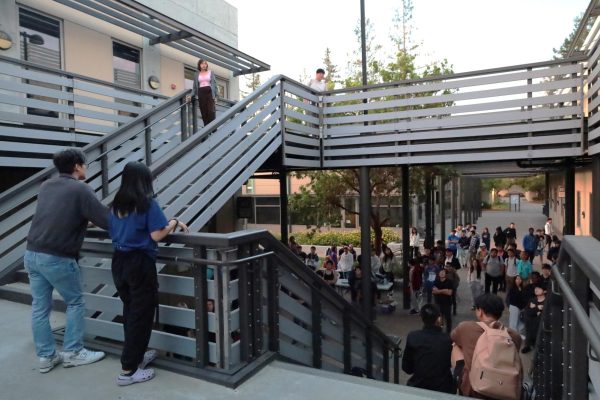
“Hosting a 48-hour event is not for the weak of heart, but the experience has for sure been worth it,” De Anza Hacks member and Hackathon organizer Kaitlyn Khieu, 19, cognitive science major, said.
Khieu and the other organizers said they wanted to put on the Hackathon to continue the event’s legacy.
“The Hackathon is a great way for the computer science community and engineering-oriented students to come together and show off their skills with what they’ve learned here,” Khieu said. “Although most of us will be transferring next year, we hope to inspire other students to continue this wonderful event.”
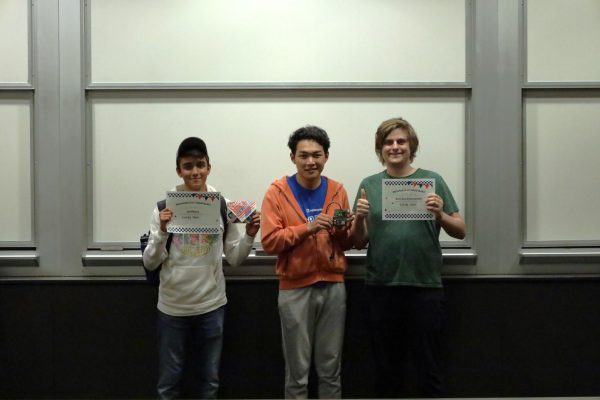
Among the teams, Energy Mate members and computer science students Connor Petri, 22, Madhav Shukla, 17, and Inky Ganbold, 21, won first place with a device and software that calculated the usage of electricity and money spent to power household devices.
Followed by Team Physicks in second place and Team Elements in third place.
Petri said he joined the competition motivated by his drive to become a better programmer.
“I got to work with so many wonderful and smart people today and yesterday. I’ve learned so much,” Petri said. “We got to build a full stack application and that was an invaluable experience for me bringing what I’ve learned at De Anza to a real-world application.”
Shukla is a senior at Cupertino High School dual-enrolled at De Anza, said he was delighted by the dynamic of the competition.
“The team dynamic has been great so far,” Shukla said. “Although the objective varies for everyone, for us, this is our first hackathon (so) we didn’t go in with any expectations or worries because we just wanted to see what it would be like to work with others.”
Ganbold, who created the homemade device that calculated electricity usage using a small lightbulb overnight, said that he was proud of the team.
“I burned my hands so much by soldering the device together, but all of it was worth the effort,” Ganbold said. “I was fortunate to work with such a talented team and I was pleased to work together even without the result.”
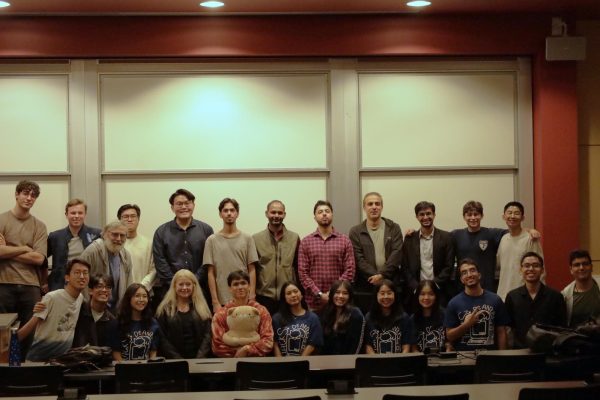
Computer science professor and Hackathon judge Ron Kleinman commented on all the attendees’ brilliance at the Hackathon.
“De Anza has a vibrant CIS (computer information science) community,” Kleinman said. “It’s no wonder we’re tops in transfers.”



